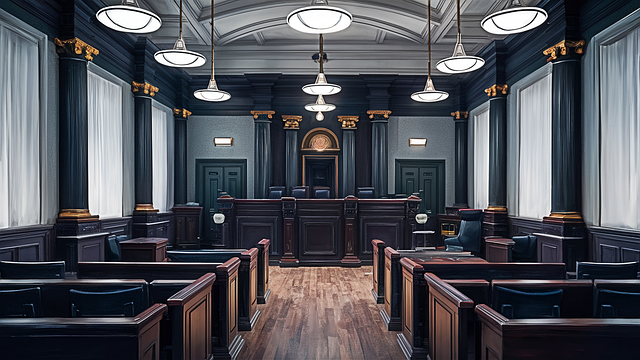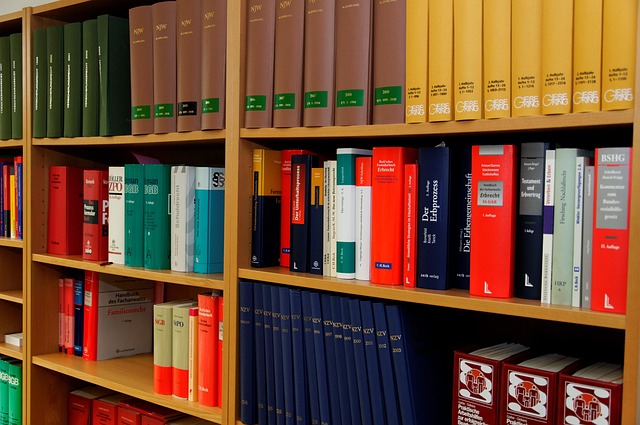In Oregon, grandparent's seeking custody guidance face a structured legal process prioritizing the child's best interests. They must navigate petitions, hearings, and documentation, with help from family law specialists. Successful cases rely on strong arguments, court-ordered schedules, financial support, and regular communication between grandparents and parents. Effective custody guidance ensures stability and maintains a meaningful grandparent-child bond.
Seeking custody guidance as a grandparent in Oregon? Understanding the state’s laws is crucial for navigating this complex process. This comprehensive guide breaks down the steps, from identifying grounds for petitioning to post-judgment support. Learn how to advocate for your rights and maintain meaningful visitation with your grandchildren. With detailed insights into Oregon’s custody process, you’ll find valuable resources for every stage, ensuring a stronger chance of a positive outcome.
- Understanding Oregon's Custody Laws for Grandparents
- Grounds for Grandparent Custody: When and How to Petition
- The Role of the Court and Necessary Documentation
- Post-Judgment Support and Maintaining Visitation Rights
Understanding Oregon's Custody Laws for Grandparents

In Oregon, the custody laws are designed to ensure the best interests of the child are always paramount. When it comes to custody guidance for grandparents, these laws provide a framework for involved family members to navigate complex situations. Grandparents’ rights and roles in a child’s life are recognized, but they must follow specific procedures to gain or maintain custody.
Oregon’s legal system offers various options for grandparent custody, including visitation rights, temporary custody arrangements, and in some cases, permanent guardianship. Understanding the state’s regulations is crucial for grandparents seeking custody guidance. Legal professionals specializing in family law can provide invaluable support, ensuring compliance with Oregon’s custody laws and promoting a positive outcome for both grandparents and the child involved.
Grounds for Grandparent Custody: When and How to Petition

In Oregon, grandparents seeking custody of their grandchildren typically need a strong legal argument and solid custody guidance. Grounds for grandparent custody can be established if the parents of the child are deceased, have abandoned the child, or are unable to provide a safe and suitable home. Additionally, in certain cases, grandparent custody may be granted if it is in the best interest of the child. This often requires grandparents to present compelling evidence demonstrating their capability to offer a stable and nurturing environment.
When petitioning for grandparent custody, it’s crucial to follow Oregon’s legal procedures. This usually involves filing a petition with the court and gathering supporting documentation, such as character references, financial statements, and any relevant medical or educational records. Grandparents should also be prepared to participate in court hearings and potentially face off against the child’s parents or other family members for custody decisions. Proper custody guidance from an experienced attorney can significantly enhance their chances of success in navigating this complex process.
The Role of the Court and Necessary Documentation

The Oregon court plays a pivotal role in guiding the custody process for grandparents, ensuring the best interests of the child are at the forefront. When seeking custody or visitation rights, grandparents must navigate a structured legal framework. This includes filing the necessary paperwork, such as a petition or motion, to formally initiate the process. The court will then review the case, considering factors like the child’s well-being, the relationship between the grandparent and the minor, and any existing parenting plans or orders.
Documenting evidence is crucial for grandparents seeking custody. This may include birth certificates, proof of lineage, and records detailing their involvement in the child’s life. Additionally, character references and affidavits from family members or close friends can attest to the grandparent’s ability to provide a stable and loving environment. Proper documentation ensures that the court has a comprehensive understanding of the grandparent-child relationship and facilitates a more informed decision-making process.
Post-Judgment Support and Maintaining Visitation Rights

After a custody ruling, it’s crucial for grandparents to seek custody guidance on maintaining their relationship with the child. Post-Judgment Support plays a vital role in ensuring this continuity. This may include financial contributions towards the child’s care, especially if they are providing significant support or covering unique expenses related to the child’s needs. It’s essential to honor and uphold visitation rights granted during the custody proceedings. Grandparents should create structured plans that align with the court-ordered schedule, fostering a stable environment for the child’s well-being.
Regular communication with the parents involved is key. Maintaining open lines allows for adjustments to be made collaboratively, addressing any challenges that may arise. Custody guidance resources can assist grandparents in navigating these complexities, ensuring their visits remain meaningful and consistent, thereby preserving the grandparent-grandchild bond.














